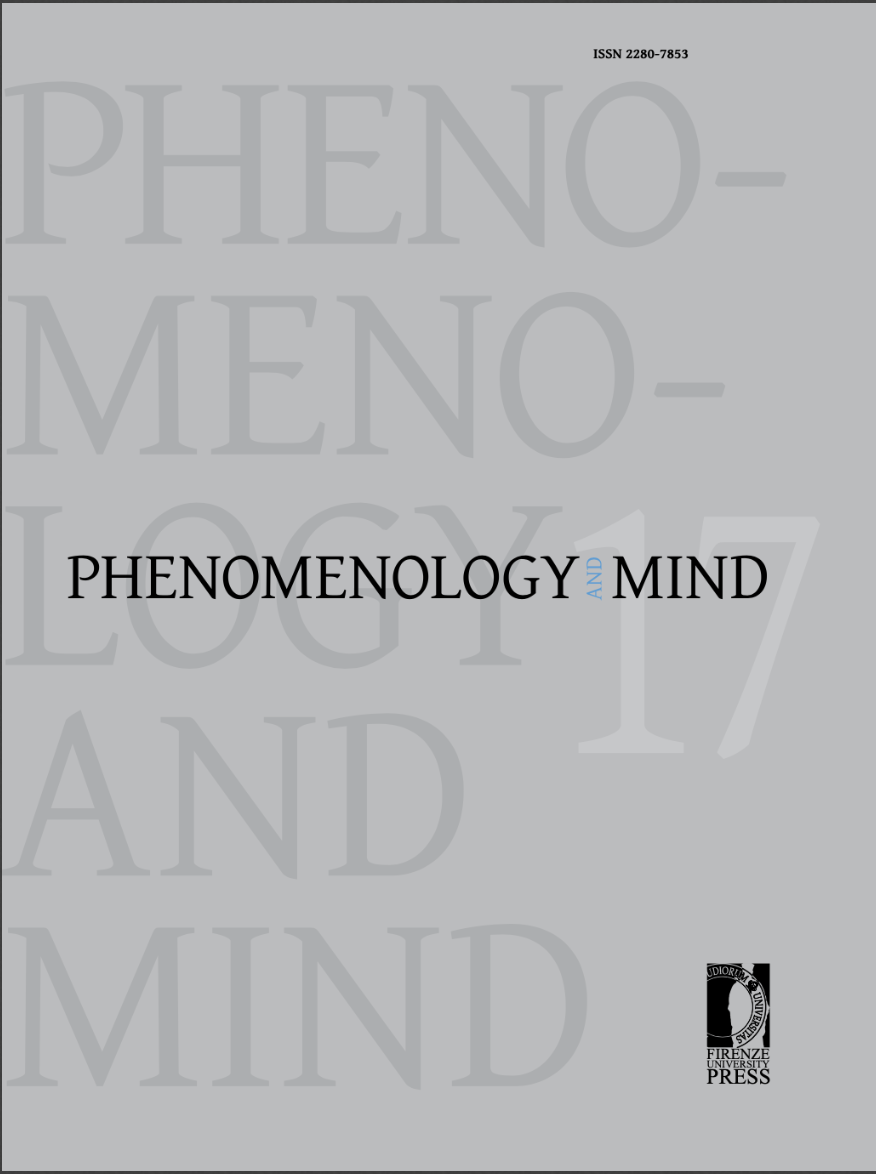Published 2016-11-26
Keywords
- habitude,
- habitus,
- Ravaisson,
- Bergson
How to Cite
Abstract
The paper seeks to draw a preliminary map of the relations between the human body, habituation, and nature, in a lineage of questioning which should be referred to as Aristotelian in the wider sense of the term. The trail begins from Aristotle’s articulations of Hexis, and reaches Bergson’s definition of motoric habitude, through the two intermediary-stops of Thomas Aquinas and Félix Ravaisson. In all of the four “stations” of the trail, one finds intricate relations between habituation and nature that include the role that the human body plays in the process of coming-near of the two and the approximation between them. Habituation has a task to play in the bringing of a humanbody as close as possible to its own natural reality. Yet by that process habituation effectively covers and wraps the body with a “second” nature, a supplementary nature including not only actions, operations, gestures and deeds but also things that participate in these. Finally, based on this basic structure of habituation, all the four “stops” in the presented conceptual genre conceive of the task of habituation as carrying a moral tenor, which the article seeks to portray.

